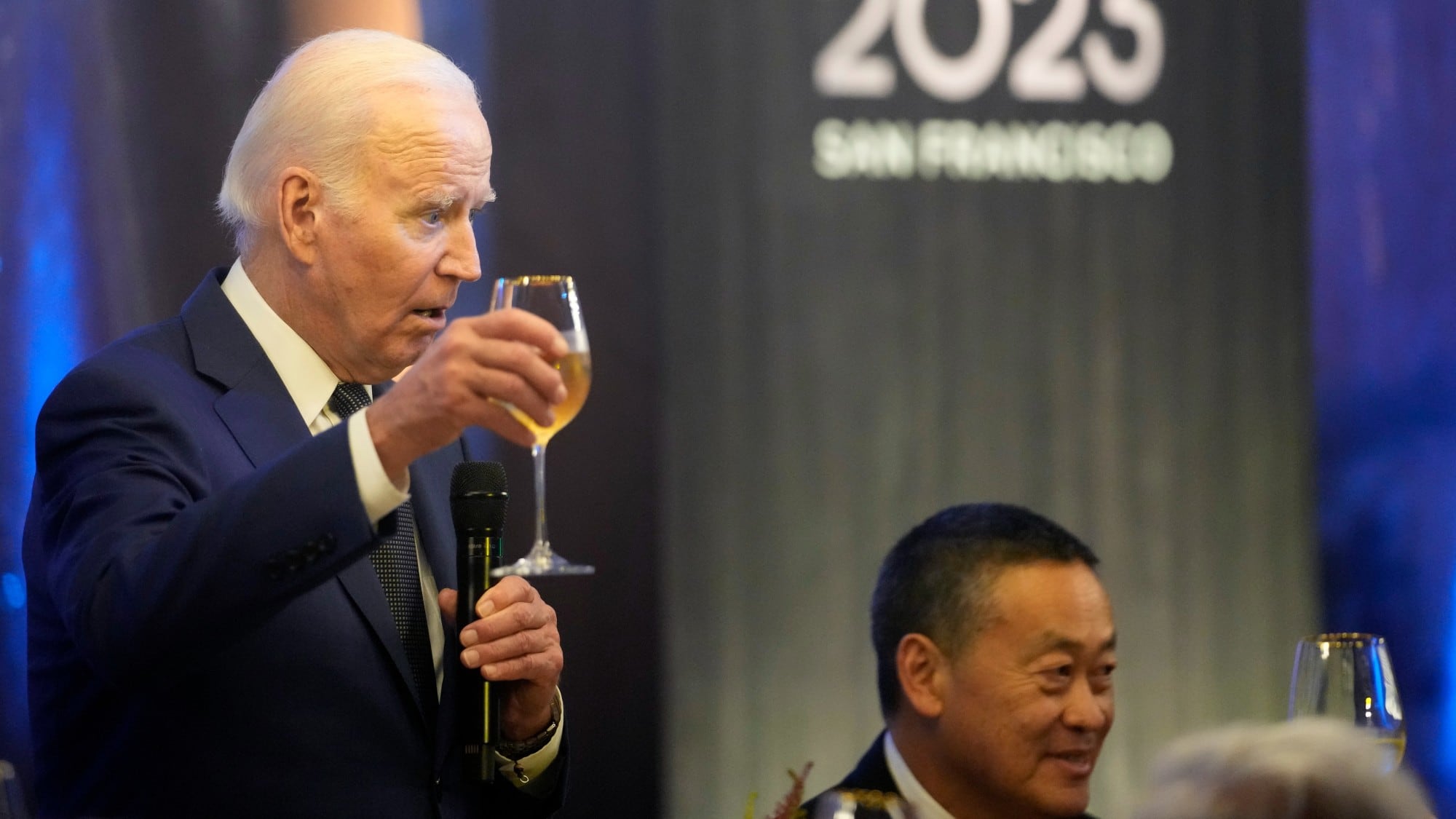By Colleen Long
President Joe Biden on Thursday signed a temporary spending bill a day before a potential government shutdown, pushing a fight with congressional Republicans over the federal budget into the new year, as wartime aid for Ukraine and Israel remains stalled.
The measure passed the House and Senate by wide bipartisan margins this week, ensuring the government remains open until after the holiday season, and potentially giving lawmakers more time to sort out their considerable differences over government spending levels for the current fiscal year. Biden signed the bill in San Francisco, where he is hosting the summit of Asia-Pacific Economic Cooperation economies.
News of the signing came late at night. The president signed the bill at the Legion of Honor Museum, where he held a dinner for APEC members.
The spending package keeps government funding at current levels for roughly two more months while a long-term package is negotiated. It splits the deadlines for passing full-year appropriations bills into two dates: Jan. 19 for some federal agencies and Feb. 2 for others, creating two dates when there will be a risk of a partial government shutdown.
The two-step approach was championed by new House Speaker Mike Johnson, a Republican, and was not favored by many in the Senate, though all but one Democrat and 10 Republicans supported it because it ensured the government would not shut down for now.
Johnson has vowed that he will not support any further stopgap funding measures, known as continuing resolutions. He portrayed the temporary funding bill as setting the ground for a spending “fight” with the Senate next year.
The spending bill does not include the White House’s nearly $106 billion request for wartime aid for Israel and Ukraine. Nor does it provide humanitarian funding for Palestinians and other supplemental requests, including money for border security. Lawmakers are likely to turn their attention more fully to that request after the Thanksgiving holiday in hopes of negotiating a deal.
AP writers Stephen Groves and Zeke Miller contributed from Washington.









